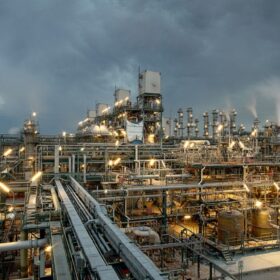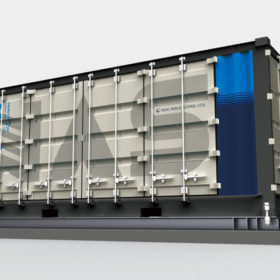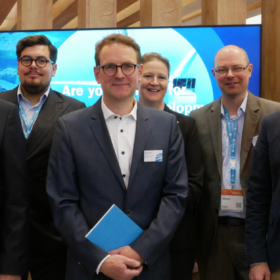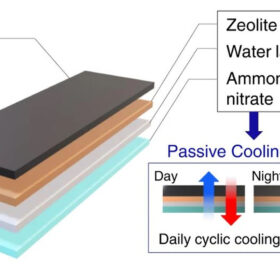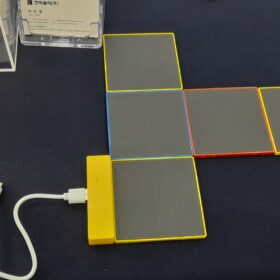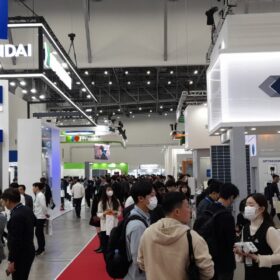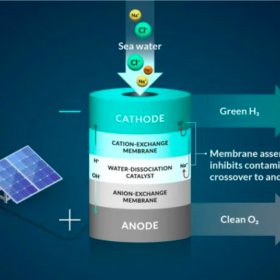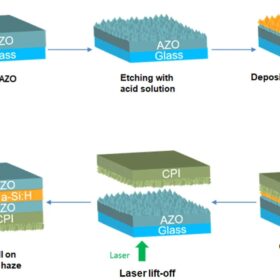Tokuyama, OCI plan to build 10,000 MT polysilicon factory in Malaysia
Tokuyama said the new factory should meet increasing demand for polysilicon. OCI already operates a polysilicon manufacturing facility in Malaysia.
NGK starts operating sodium-sulfur battery storage for Japanese utility
NGK Insulators has switched on 1 MW/5.8 MWh of NAS batteries under a demonstration project to assess the performance of stationary storage at a site operated by Korea Electric Power Corp. (KEPCO).
The Hydrogen Stream: Norway, Finland take the lead in Europe
Plug Power has revealed plans to develop three green hydrogen production plants in Finland, while Statkraft is set to increase its investments in the German hydrogen market.
The Hydrogen Stream: CIP plans 7 GW of electrolysis hub in Australia
Copenhagen Infrastructure Partners (CIP) has announced plans to develop an AUD 30 billion ($19,95 billion) green hydrogen production hub on South Australia’s Eyre Peninsula, while a new research study shows the feasibility of gas-to-hydrogen pipeline conversion in Western Australia.
Qcells builds pilot line for perovskite-silicon tandem PV cells in South Korea
Qcells says it is building a pilot line for perovskite-silicon tandem solar cells that will start operations later this year in South Korea. It is working closely with its team in Germany, where it has already established another pilot line for tandem cells.
Passive solar module cooling tech based on water sorption
South Korean scientists have developed a WD-ER cooling system that can lower the operating temperature of a PV panel by up to 14.9 C, with an average heat transfer coefficient of 64.1 W/m2.
South Korean startup offers portable, combinable solar chargers
Hanvixolar says four solar modules require about 5 hours of charging time to fully charge a smartphone. The mini panels use interdigitated back-contact solar cells from US manufacturer Maxeon.
Key takeaways from South Korea’s Green Energy Expo
Green Energy Expo, South Korea’s largest solar event, attracted a higher number of visitors and exhibitors this year, underscoring the strength of the domestic PV industry, despite recent unfavorable regulatory changes.
The Hydrogen Stream: US team produces hydrogen from ocean water
A team of US researchers engineered a double-membrane system to minimize chloride oxidizing the anode. Meanwhile, the Spanish government supports Destinus to develop its hydrogen-powered supersonic plane and test it in 2024.
Hydrogenated amorphous silicon solar cell for BIPV, bifacial applications
Scientists in South Korea have developed a flexible, transparent solar cell with an average visible transmittance (AVT) of 88.3%. They have also created an n-type rear window layer to optimize bifacial operation.
